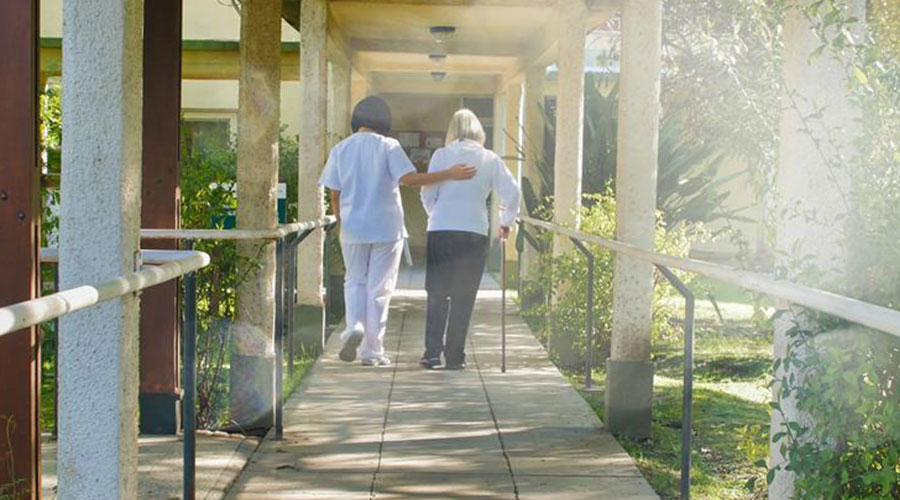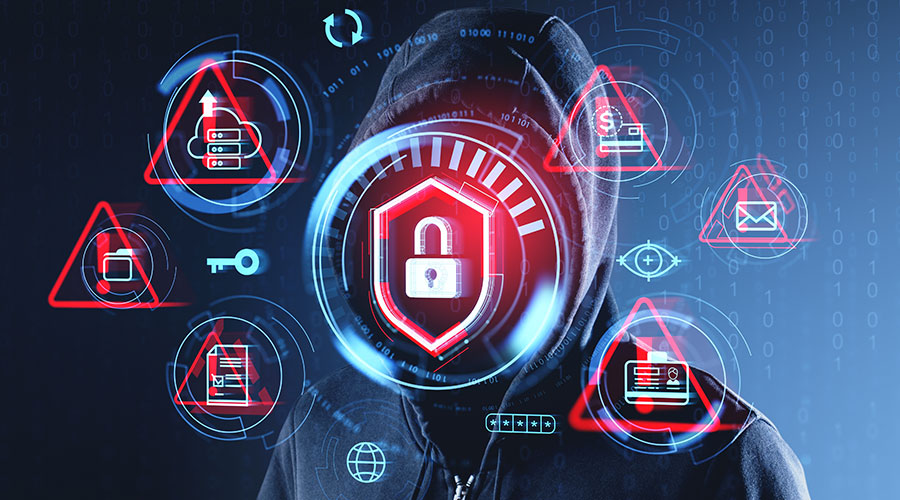Healthcare facilities are required to enforce strict patient confidentiality and privacy rules under the Health Insurance Portability and Accountability Act. Your organization can prevent inappropriate sharing of private patient information by ensuring all individuals, including the security team, are trained on applicable HIPAA rules and regulations.
Security officers are expected to adhere to applicable HIPAA privacy requirements and its applicable regulations at all times.
If an officer comes into contact with Protected Health Information (PHI), it is important that they follow procedures to ensure the confidentiality of such. Training on information procedures is beneficial because failure to comply with HIPAA privacy requirements can result in penalties and fines.
PHI includes written, oral or electronic patient information. Common instances of when security officers may see this information is when they are assisting with patient restraints or transportation, preparing written incident reports, or any communications through which a patient’s identity and medical condition may be ascertained.
Security officers can also control access to restricted areas where PHI is stored. It is important for security officers to know that their role is to assist the hospital in maintaining the confidentiality of PHI and protecting private information for the facility.
It is critical that all individuals consult proper procedures before communicating PHI. The best way to protect your patients’ information is to ensure communications are being treated as private and confidential at all times, whether PHI or not. Always ensure that anyone who comes into contact with PHI is aware of its sensitivity and understands the HIPAA rules and regulations.
Bukowski is the vice president of healthcare, AlliedBarton Security Services.

 Designing Hospitals for Wellness
Designing Hospitals for Wellness Baptist Health Announces New Cancer Care Center in Key West
Baptist Health Announces New Cancer Care Center in Key West Waco Family Medicine Achieves Savings and Bold Design with Wood Selections
Waco Family Medicine Achieves Savings and Bold Design with Wood Selections Alleged Ransomware Administrator Extradited from South Korea
Alleged Ransomware Administrator Extradited from South Korea Design Plans Unveiled for New Intermountain St. Vincent Regional Hospital
Design Plans Unveiled for New Intermountain St. Vincent Regional Hospital